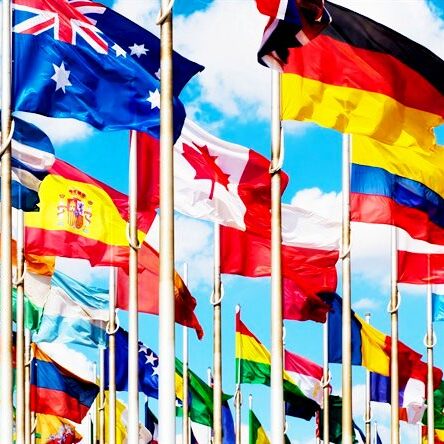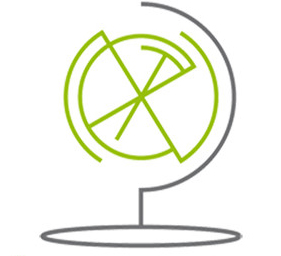NORDEST TRADUZIONI
Offers translations
in over 100 language combinations
Our team of translators is made up entirely of professionals with degrees, all carefully selected and tested.
In respect of the criteria of professional ethics, we always select a native speaker of the target language, highly specialized in the required skill sector. Most of our translators have accreditation from organizations or associations recognized at the national and international level. The translation assignments are performed in accordance with the procedures of our quality system, which guarantees an excellent end product corresponding to the client’s requisites, appropriate for a competitive market and in line with our high standards.
With regard to the formats available, we use the most well known software available on the market for PC with Windows or Mac operating system.


Main Types of Translations
The following is an illustrative but not exhaustive list of the main types of translations we handle.
Technical translations
Translation of legal documents
Sworn and apostilled translations
Translation of medical-scientific texts/papers
Translation of promotional/marketing texts
Business translations
Financial and banking translations
Translation of websites
Translation of leaflets and catalogues
Translation of personal data certificates
Translation of diplomas and curricula
Translation of manuals
Translation of software
Translation of technical certification
Translation of annual financial statements
Translation of patents
Our languages
The following is a list with the most requested language combinations.
Please feel free to contact us for any other languages that do not appear in the list.

ITALIAN
GERMAN
UKRAINE
CZECH
GREEK
DANISH
LITHUANIAN
CHINESE
THAI
FRENCH
PORTUGUESE
CROATIAN
SLOVENIAN
DUTCH
ESTONIAN
NORWEGIAN
KOREAN
GEORGIAN
ENGLISH
ROMANIAN
SERBIAN
SLOVAKIAN
TURKISH
FINNISH
SWEDISH
JAPANESE
BULGARIAN
SPANISH
RUSSIAN
POLISH
ALBANIAN
HUNGARIAN
LATVIAN
ARABIC
KAZAKH
HEBREW
Apostilled and legalized translations
What is the Apostille?
The Apostille is a special stamp that certifies to the authenticity of a document, as well as its legal quality and the authenticity of the authority signing it. This stamp “legalizes” the certified translation made in Italy for presentation in a foreign country.
When is the Apostille necessary?
It is required whenever the translated document has to be presented abroad to authorities or official bodies.
Time necessary to obtain the Apostille:
approx. 5 working days.
CAT TOOLS
Unlike automatic translators, CAT tools (the acronym stands for Computer-Assisted Translation or Computer-Aided Translation), deserve real consideration.
Basically, they are targeted software designed to aid translators, who can use these programs to create specialized glossaries (or access existing ones) for the sector in which they are working. A database created with Translation Memory Software can be extremely useful and even fundamental when translating a text for which earlier versions or previous texts exist and to which reference must be made. Appropriately, the virtuous circle is self-sustaining and enables the user to build a potentially infinite translation memory that, with each new job, increases and contributes more and more to subsequent results.
This procedure, technically defined as harmonization, requires a high degree of skill and attention, that in the past could not count on any mechanical/electronic support and required translators to spend an enormous amount of extra time on research and cross-checking. Now, however, they can access their own glossaries (or those made available by the clients), so as to produce pertinent results that flow in a uniform manner from existing texts. This is one of the many tasks performed by CAT tools, but it does many more things as well, all focused on simplifying the more mechanical tasks and allowing translators to concentrate more in depth on the style and structure of the text (aspects that all too often are underrated by people unfamiliar with the field), knowing they can count on the software to offer them the passages that already exist in the memory.
Every choice, every final position is left to the translator, however, who can accept or reject the passages proposed depending on whether they are appropriate or not. The ability to do this is something that not even the most perfect translation software will ever be able to do.

